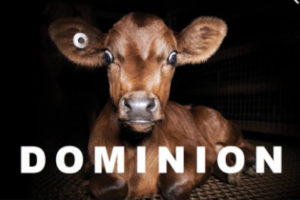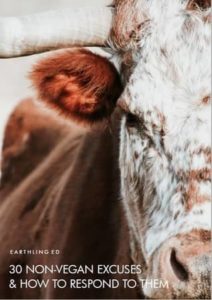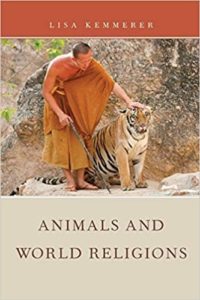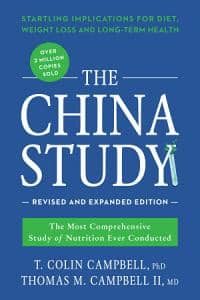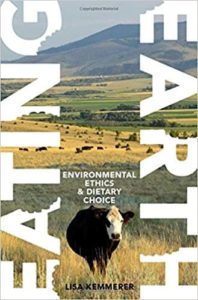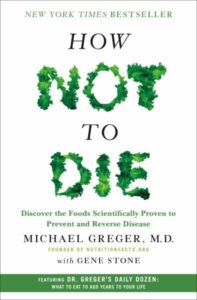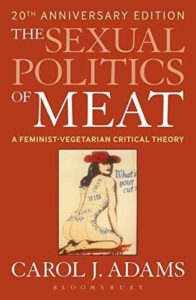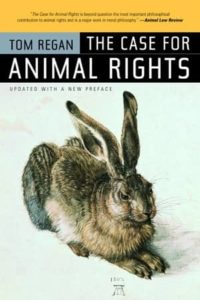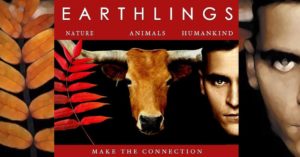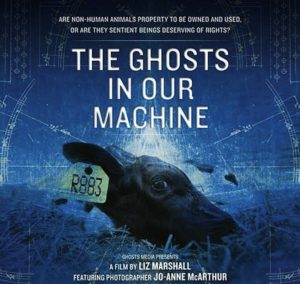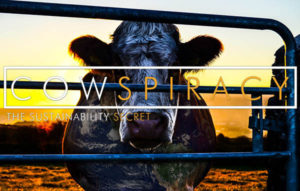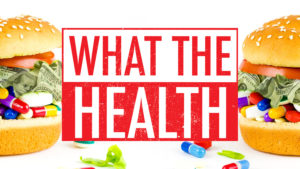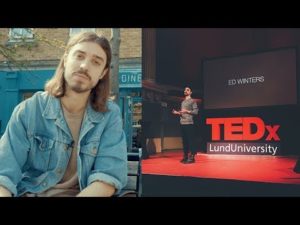Veganism is defined by The Vegan Society, which coined the word in 1944, as:
“A philosophy and way of living which seeks to exclude—as far as is possible and practicable—all forms of exploitation of, and cruelty to, animals for food, clothing or any other purpose; and by extension, promotes the development and use of animal-free alternatives for the benefit of animals, humans and the environment. In dietary terms it denotes the practice of dispensing with all products derived wholly or partly from animals.”
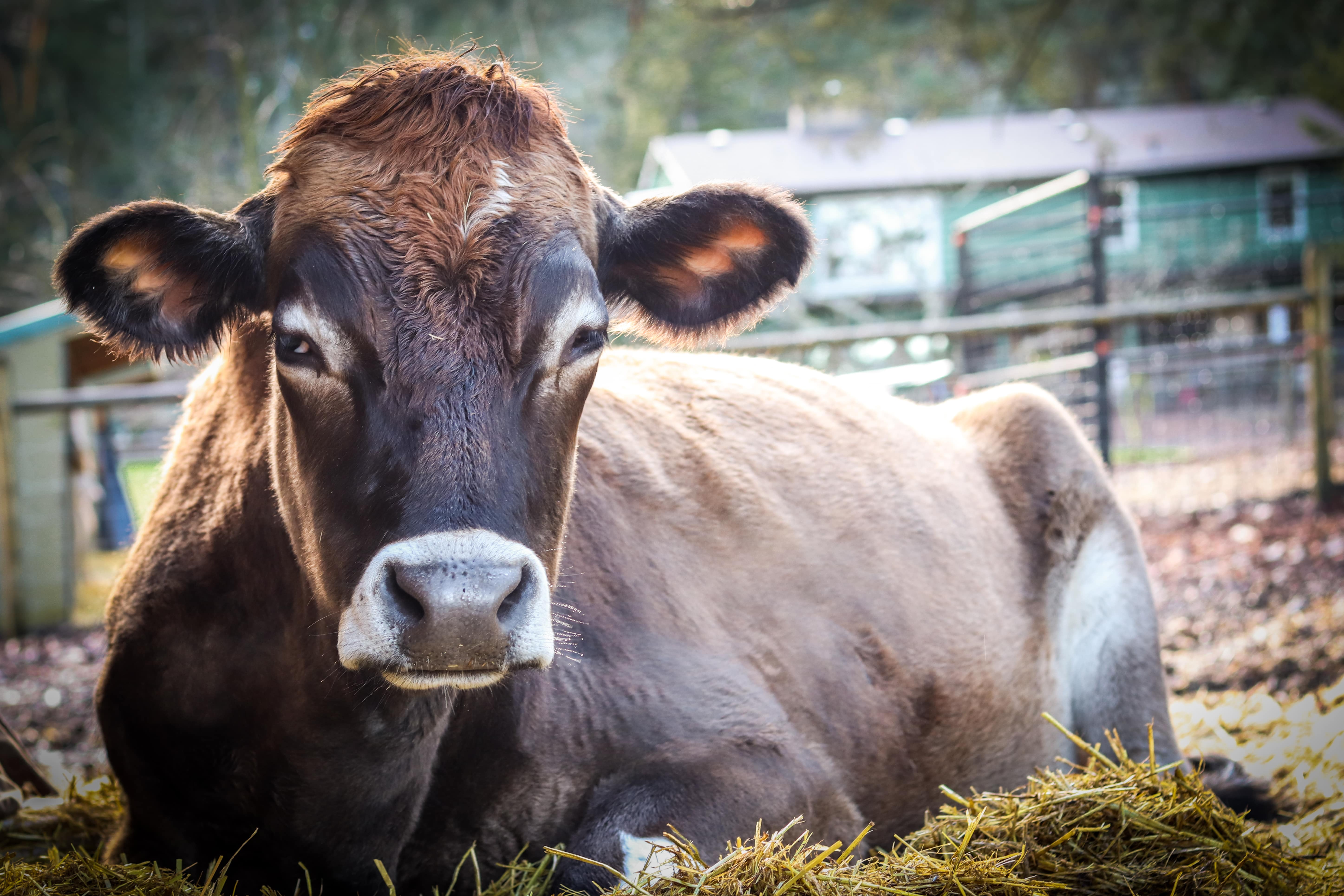
What is Veganism though?
The core of veganism is equality and the inherent right that all sentient beings have to their own life. It is the simple belief that we do not have the right to exert our human power to subjugate, exploit, and kill our fellow earthlings by the trillions. Non-human animals, including all those farmed for food on land and pulled from the water, experience emotions just like us – fear, love, confusion, joy, comfort, distress – and experience pain just as we do. Simply because they are born into bodies unlike ours, they are confined, sexually violated, emotionally abused, denied fresh air and freedom, have their offspring stolen away, and are killed brutally at a fraction of their natural lifespan – all for “products” we do not need in our modern society. What is done to non-human animals by humans is unnecessary, and were we to put humans in their position and treat them the same way, it would be criminal.
How is it different from being a vegetarian?
Well, it’s VERY different. Vegetarians are making a dietary choice, Vegans are taking an ethical stance.
Vegans don’t use, consume, or wear animals in any way, shape, or form, whereas vegetarians generally still consume dairy and eggs (arguably two of the cruelest industries, both of which eventually send all their animals to slaughter) and will buy leather and wool or even fur. They also usually consume Honey, which bees make for their hives and the harvesting of which results in countless bee deaths (insects are animals too!). Vegetarians will also often continue to financially support organizations that exploit animals for profit, like zoos and aquariums, and will purchase cosmetics and other products that contain animals. Often, vegetarians are simply unaware that the meat industry is only a very limited view of why animals are bred, exploited, and slaughtered, and many vegans began as vegetarians and when they learned the realities of these industries, they had to become vegan to truly align their actions with their morals.
So what do vegans eat?
Well, since vegans don’t believe animals are food, the simple answer to what we eat is: Food.
There are over 20,000 different species of edible plants on Earth, so really, to consider a vegan diet to be limited is kind of ridiculous. Vegans don’t eat sentient, emotional beings, but we eat everything else. Many foods that people are used to eating daily – bread, pasta, vegetables, fruit, grains, legumes – are vegan to start with! In fact, the only change required to be vegan when it comes to food is to check labels for animal ingredients, which are sometimes hidden under names like “l-cysteine” (made from hair) or “gelatin” (made from hooves and worse) so with a quick google you can easily find out if an item is vegan. And for flavors that are traditionally made from animals, like meats and cheeses etc. all you have to do is buy the plant-based version, and those are becoming more and more plentiful and easily available all the time! Basically, a plant-based diet is nothing more than making a new grocery list and doing a little bit of research, and we think the animals are worth that extra effort.
Is veganism perfect?
No. There is no “perfect” way to exist on Earth. We all have an impact. However, there is a huge difference between harm being caused unavoidably and harm being caused intentionally. And besides, the inability to do “no harm” doesn’t in any way justify intentionally doing unnecessary harm.
Is veganism healthy?
Absolutely. The health aspects of consuming a whole foods plant-based diet are widely know, but veganism is not a diet. Consuming a plant-based diet is simply a logical result of the ethical beliefs of veganism. Just like anyone else should, vegans must pay attention to what they are consuming if they want to eat healthy. You can be vegan and eat only vegan ice cream and vegan pizza, and that isn’t necessarily a healthy choice. However, humans have a digestive tract that is biologically much more similar to a herbivore than to a carnivore. In short, our bodies are better at extracting nutrients from plants than from animals, and consumption of meat and dairy is unquestionably linked to increases in cardiovascular diseases and cancers.
Is veganism environmentally friendly?
Vastly more so than consuming animals is, that’s for sure. The land-use to nutrient loss of farming animals is significant, and when you consider that we breed, feed, and water over 150 billion land animals at any given time on our planet, that’s a huge toll on our natural resources for a net loss of actual nutritional value for what’s being produced. As an example, a single liter of Milk takes 1000 liters of water to produce when you factor in the food and water of the cows plus the water used in processing, so although not all the plant-based options are equal in terms of their environmental impact, they are all significantly better than the non-vegan alternative. Animal agriculture is the leading cause of deforestation, species extinction, ocean dead zones, and accounts for a massive volume of greenhouse gas emissions. The biggest single action an individual can take to reduce their carbon footprint is to live as a vegan.
Is veganism hard?
The simple answer to this question is: “Not nearly as hard as what we inflict on animals by not being vegan”.
But, fortunately, veganism is also very easy for anyone who lives in a modern society. Grocery stores carry plant-based versions of almost every animal product, and grains, legumes, and vegetables are readily available for someone really looking to eat clean and healthy. Almost every restaurant has animal-free food, and 100% vegan establishments are opening all the time and thriving. In Canada, we can walk into many fast food chains now as well and get vegan food. So while there are certainly less developed or more remote parts of the world, and parts of our own country even, where it may not be possible to live as a vegan, we believe that those of us who can be vegan should not excuse causing harm just because someone living somewhere else has no choice. If we were to apply that logic to another scenario, like recycling, it would be like saying we shouldn’t recycle because there are places where curbside recycling collection doesn’t exist and it’s hard for people there to recycle. We should each do the best we can in the society we live in, and our choices should be based on what is available to us, not what’s available to someone else. After all, the world has never had a food shortage, it has only ever had rampant inequality in food distribution, and vastly more transportable and affordable food could be produced if croplands weren’t devoted to feeding livestock whose bodies are sold to the more affluent in society.
I support sanctuaries, can’t they help the animals?
To a very limited degree, yes, we can and do help as many animals as possible. But “as many animals as possible” is a tiny drop in the bucket of animals being exploited. A single farm can have hundreds of thousands of animals on it at any given time, and with thousands of farms in Canada alone, there is absolutely no way we will ever rescue all the animals from their plight – we must stop breeding them into existence to serve our needs, and as they are being bred to fill the demand of consumers, we as consumers must adjust our own choices if we ever want things to change. We need to stop funding and subsidizing these industries and help farmers transition to growing healthy, nutritious fruits and vegetables for all. Farming animals is indeed an industry, but cruel and unnecessary industries of the past have come to an end and our society has adapted. An unwillingness to change is not a good enough reason to perpetuate cruelty.
Veganism already aligns with my values! How do I start?
Excellent! That statement turned out to be true for many vegans as well when they learned what it was! We recommend joining a local vegan group (there’s almost always one on Facebook) and doing some research into veganism on your own. The easiest way to make veganism simple is to keep the animals at the forefront of your mind – when you remember that there are real victims to making non-vegan choices, whatever effort might be required in that moment to make the vegan choice seems pretty small. Take a look at the links below, and we’ve also linked a bunch of documentaries and talks that we feel are helpful. Then once you understand these industries, and how simple it is to stop supporting their cruelty, speak up! Show the people in your life that veganism already aligns with their values as well, and together, making one compassionate choice at a time, we can make a huge difference for the animals we all love.
For more on veganism, please check out some of the literature, websites, and documentaries below..
Literature:
Websites:
Vancouver Island Vegan Association
NutritionFacts.Org
Egg Truth
Cowspiracy Facts
The Vegan Society
Getting Started:
Vegan Starter Kit
Challenge 22
Documentaries
